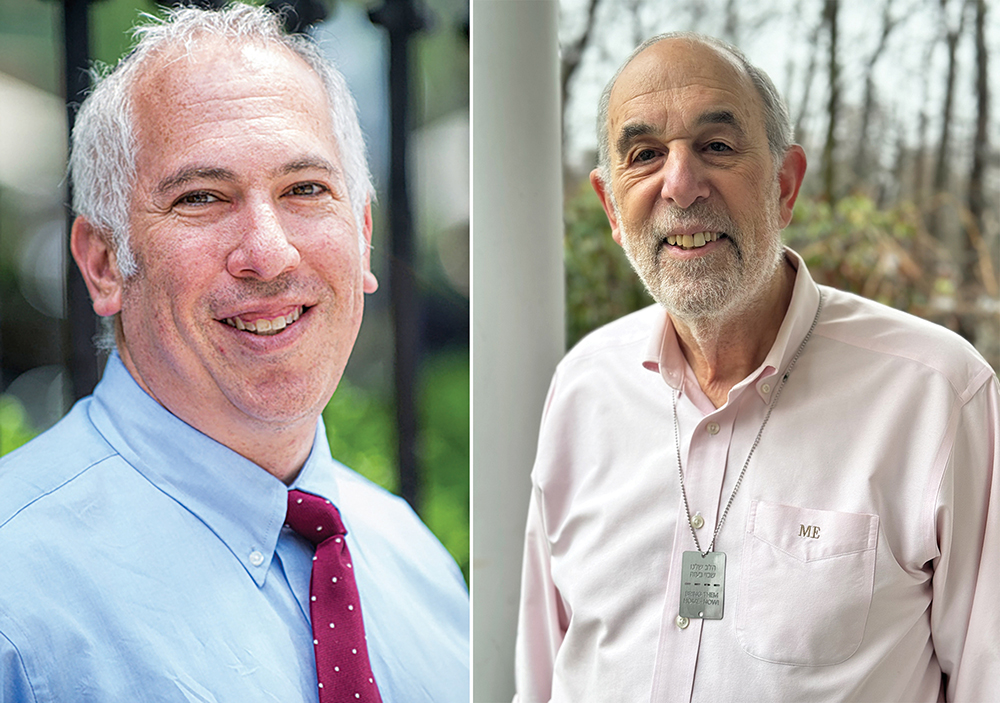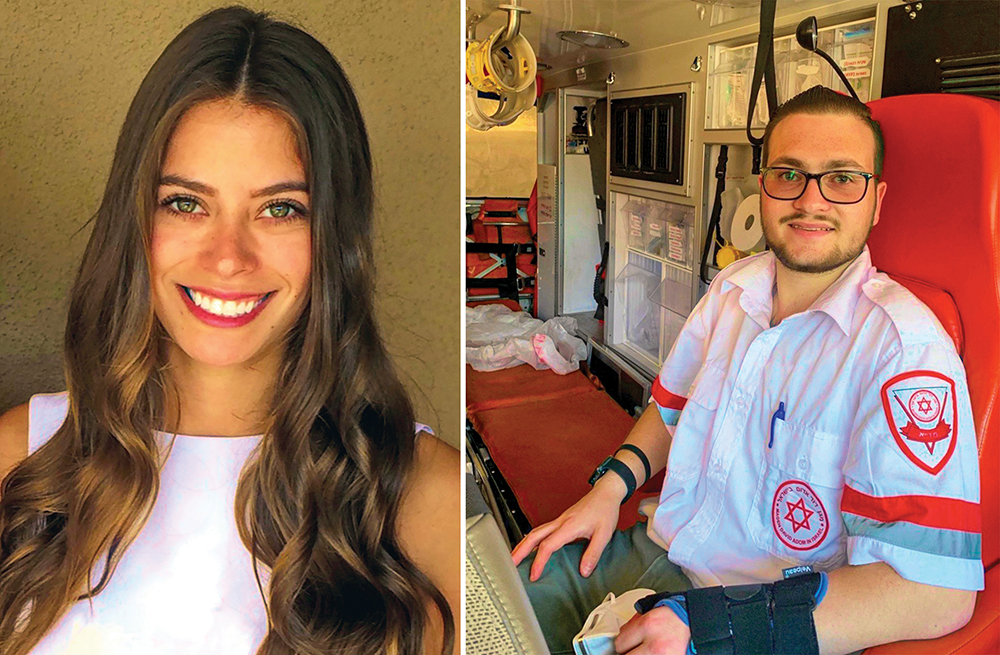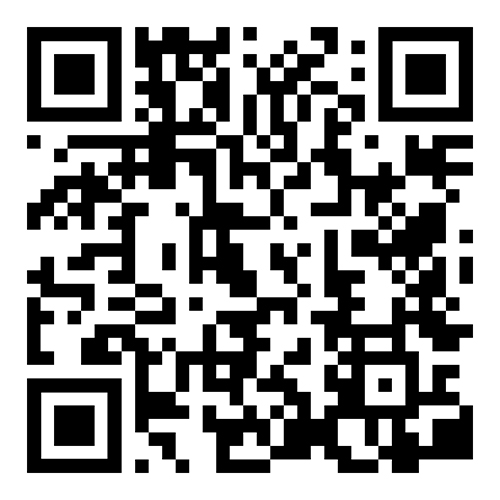
The Hebrew Institute of Riverdale-The Bayit (HIR) will honor two members of the community as well as American Friends of Magen David Adom when it holds its annual winter blood drive on Sunday, March 3, from 9 a.m. to 3 p.m.
The synagogue, located at 3700 Henry Hudson Parkway in the Bronx, will be shining a spotlight on Daniel Padwa and Rabbi Moshe Edelman, who have been among the top donors of HIR’s blood drives through the years, as well as the U.S. support group for MDA, Israel’s national emergency medical, disaster, ambulance and blood bank service.
“Rav Moshe and Danny are role models and givers,” said HIR’s Senior Rabbi Steven Exler, “so I was not surprised to learn of their long history of [donating] blood. The way they prioritize the consistent commitment of giving blood in the midst of lives filled with professional commitments, family and many more acts of chesed is an example for us all to follow. I consider them both friends and teachers, and our Bayit is blessed and grateful to be able to honor them both.”
Rabbi Edelman, who made it his business to be first in line at blood drives at the Long Island shul where he served as a congregational rabbi, estimates he has donated more than eight gallons of blood over the years. Affiliated with HIR for some 14 years, he said, “I’m delighted to be a part of the Bayit’s blood drive and to share the honors with Danny.”

Padwa observed that during his lifetime he has donated blood in four different states and two different countries. “Giving blood feels like one of the biggest forms of tzedakah we can perform. For those of us who aren’t doctors, what else can we do that so directly saves lives?” Padwa grew up on Long Island, where he, coincidentally, had his bar mitzvah at Rabbi Edelman’s synagogue, later becoming the shul’s baal koreh, before moving to New York and settling into a career in technology on Wall Street.
The New York Blood Center (NYBC), which once again will provide the technicians and the equipment for HIR’s drive, warns of a severe blood shortage throughout the nation. NYBC’s Senior Vice President Andrea Cefarelli reminded the public that blood donors can give every 56 days and up to six times a year.
An ALYX machine set up at the March 3 drive will offer donors who meet specific minimum height and weight requirements the option of giving two complete transfusion units of red blood cells.
Seryl Ritter, HIR’s coordinator of the blood drive, said donors “are strongly encouraged” to schedule an appointment in advance. They can register online at www.thebayit.org/bd or by scanning the QR code displayed with this article. They can also schedule an appointment—or volunteer their services for the blood drive—by emailing her at sermc@aol.com.
While priority will be given to those who pre-register, noted Ritter, “walk-ins are most welcome and we will do our absolute best to accommodate them.”
Eligible donors must be between the ages of 17 and 75 and will be required to present a photo ID; those who have blood donor cards should bring them as well. Sixteen-year-olds can also donate blood with a signed NYBC parental consent form and proof of date of birth. Anyone experiencing a cold, sore throat, respiratory infection or flu-like symptoms is not eligible to donate blood.

As Israel faces unprecedented public health challenges in its war with Hamas, HIR is also utilizing this year’s blood drive to raise awareness of Magen David Adom (MDA), a nongovernmental agency that relies on support from donors, including those from the U.S., to keep its dispatch systems, training programs and equipment among the best in the world.
Helping to boost awareness of Magen David Adom at the March 3 blood drive will be Daniel Kopstick and Rachel Orloff, who will relate their experiences as overseas volunteers for MDA in Israel.
In 2021-2022, in the midst of a pandemic, Kopstick donned a sweltering hazmat suit to participate with medical teams in a variety of ambulance calls. “I assisted in many emergency situations,” he recalled, “delivering a baby, and tending to people who needed help at the scene of a car accident, suffered stab wounds and serious cases of COVID.”
Orloff, who volunteered for MDA in the summer of 2008, said: “I am so blown away by the incredible things MDA has and continues to accomplish. I feel extremely lucky I had the opportunity to volunteer in Tel Aviv. It is an experience I hold very near to my heart.” Following the October 7 terror attack, Orloff helped start a Jewish employees’ resource group at the global health care firm where she works. Thanks to her initiative, MDA shared with two other organizations in a grant of $500,000 made by the company. “I encourage everyone to speak up wherever you work, study and volunteer,” she said. “You can make a difference.”
Both Kopstick and Orloff will be talking up Magen David Adom, not only to adults but to youngsters waiting for their parents to complete blood donations. This will include reading to them from the pages of “Avi the Ambulance,” the series of children’s books inspired by the lifesaving work of MDA. Orloff will be accompanied by her therapy dog, Charlie, providing an opportunity to explain how such specially trained animals assist MDA in helping victims of terror and other injured and hospitalized patients.
At the special MDA table set up at the blood drive, donors and others can prepare thank you cards for sending to the MDA heroes—from ambulance drivers to dispatchers—engaged in one of the most demanding periods in Israel’s history.
Rabbi Exler noted that Blood Centers of America, of which the independent and nonprofit NYBC is a member, has had an agreement with American Friends of MDA since 2018 to activate blood donors in the U.S. should severe shortages occur in Israel during an emergency. “Fortunately, despite the current crisis, Israel right now has an ample supply of blood.”









